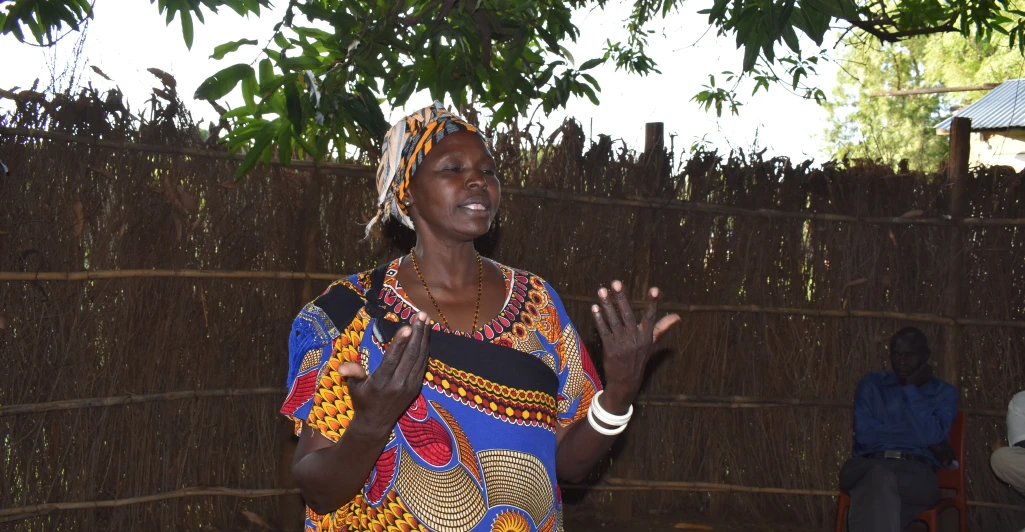
A women leader in Kapoeta has urged the greater Kapoeta residents to prioritize food production, not gold mining.
Greater Kapoeta – which comprises Kapoeta East, Kapoeta South, Kapoeta North, and Budi counties – is mineral-rich, mainly gold deposits.
Of late, there have been reports of some community members abandoning agricultural activities for mining, which they believe is better than farming.
“The money that I get from gold proceeds is what I use to buy food for my children. If it’s much, it helps me buy a goat,” said Marko Aponi, former farmer in Kapoeta South.
He said he had to join the mining business at Nakasirim after crop failure due to little rain. The locals depend on livestock and subsistence farming, mainly sorghum and maize.
Aponi said he mines every day, adding that “When I am tired, I return home to rest and then resume the following day.”
In July, authorities in Budi told Singaita FM that schoolchildren at a school in Camp 15 had stopped attending classes because they were too busy looking for gold.
Loriyok Primary School, the headteacher said, now has a total of 200 children, who still do not attend classes regularly. The other 300 have completely stopped going to school.
But Hellen Nangolio, chairlady for Kapoeta South County Women’s Association, said mining is a temporary activity that should not be given full-time attention.
“Gold mining is not bad, but let’s keep in mind that agriculture is the backbone and very important,” she told Singaita FM on Wednesday.
“We should not put all our attentions on gold. What if you do not get any? What if it gets depleted? What would happen?
“So, what I can tell you, the women, is that even when you go for mining, ensure that you continue cultivating your farm. Agriculture is the only way that can sustain us.”
In Eastern Equatoria State, majority of the gold miners are underage children and women.
Some estimates put the number of miners at 60,000 working at 80 different locations in the area, including Nanaknak, Lauro (Didinga Hills), Napotpot, and Namurnyang.
Locals primarily use traditional mining techniques, panning for gold from seasonal streams in various villages. The work provides miners’ families resources to support their basic needs.